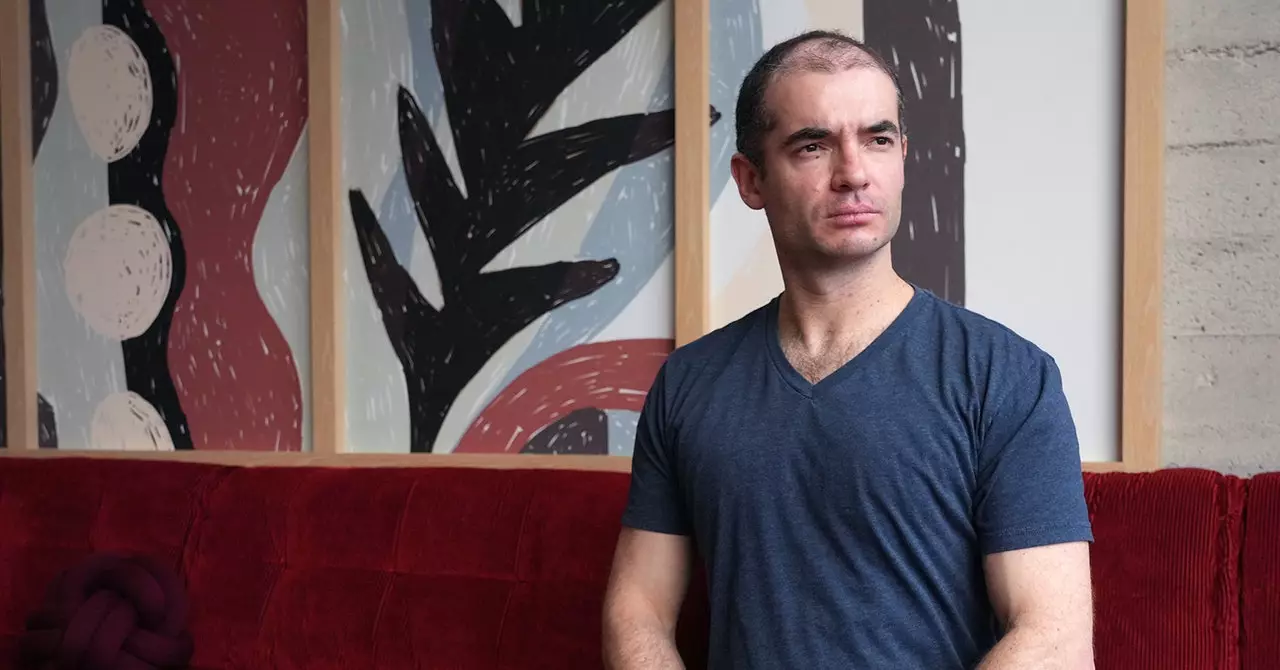In July of last year, OpenAI made headlines with the announcement of the formation of a new research team dedicated to preparing for the arrival of highly intelligent artificial intelligence. This team, known as the “superalignment team,” was led by Ilya Sutskever, OpenAI’s chief scientist and co-founder. However, recent developments have revealed that this team is no more.
The dissolution of the superalignment team comes on the heels of several high-profile departures from OpenAI. Notably, Sutskever himself announced his departure from the company, raising questions about the future direction of OpenAI. This departure was particularly significant as Sutskever was not only instrumental in the founding of OpenAI but also played a key role in the development of projects such as ChatGPT.
The unraveling of the superalignment team is just one example of the recent shakeout within OpenAI. Reports have surfaced of researchers being dismissed for leaking company secrets, while others have left the company due to concerns about its handling of more advanced AI models. This internal turmoil has raised questions about the stability and direction of OpenAI in the wake of last November’s governance crisis.
The dissolution of the superalignment team has wider implications for the field of AI research. With key researchers leaving and projects being absorbed into other research efforts, there is concern about the impact on OpenAI’s ability to achieve its goal of building safe and beneficial artificial general intelligence (AGI). The departure of researchers focused on AI policy and governance also raises questions about how OpenAI will navigate the ethical challenges posed by increasingly powerful AI models.
As OpenAI moves forward without its superalignment team, there are doubts about the company’s ability to deliver on its ambitious goals. The responsibility for researching the risks associated with more advanced AI models has now fallen to John Schulman, who will lead the team focused on fine-tuning AI models. Whether OpenAI can overcome the recent challenges and continue to make progress towards AGI remains to be seen.
The dissolution of OpenAI’s superalignment team marks a significant turning point for the company and the field of AI research as a whole. The departures of key researchers and the internal turmoil within the company raise important questions about its future direction and ability to build safe and beneficial artificial intelligence. As the industry grapples with the challenges of developing increasingly powerful AI systems, the fate of OpenAI serves as a cautionary tale of the complex ethical and technical issues that lie ahead.


Leave a Reply